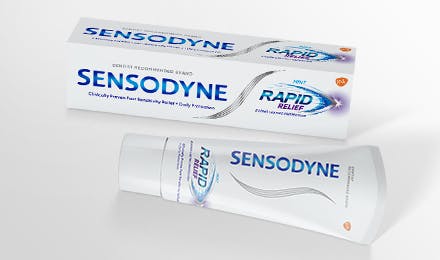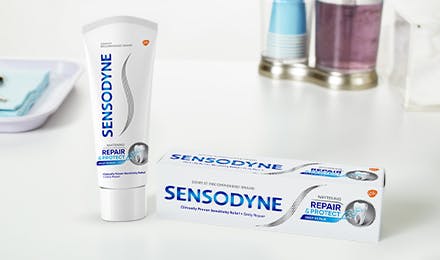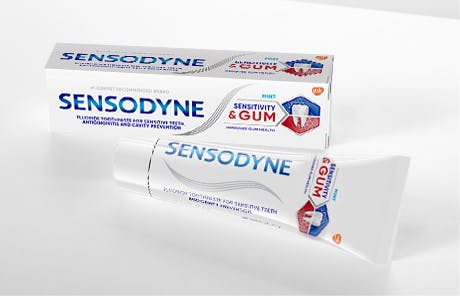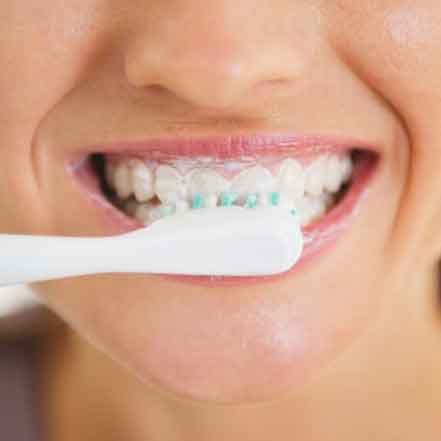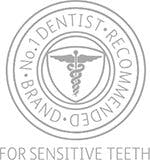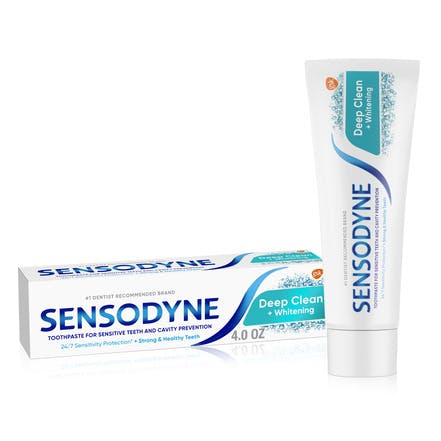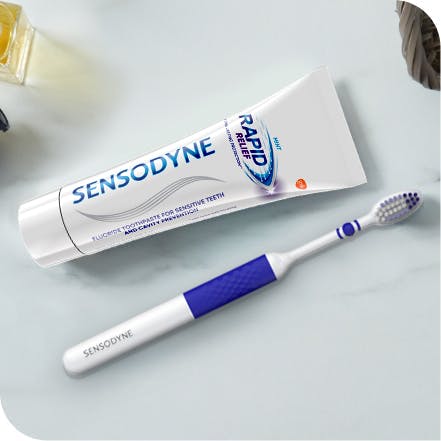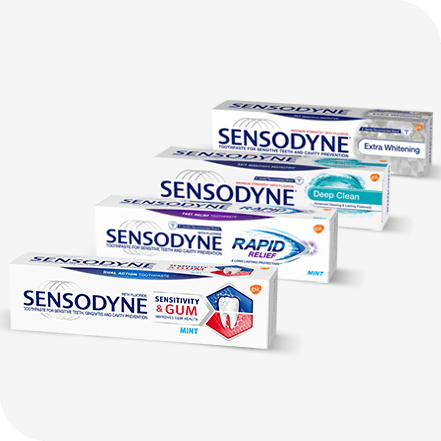Why Do My Teeth Hurt?
A swig of frosty beer. A spoonful of hot soup. If you have sensitive teeth, everyday foods and drinks can unexpectedly trigger a jolt of nerve pain, fast. That tooth pain you feel is typically characterized as short and sharp, and it can also range in severity.
Tooth sensitivity can occur in specific areas of your mouth, sometimes in just 1 tooth—you don’t have to feel pain in every tooth to have sensitive teeth.
Sensodyne Can Help

5.0 Customer Rating
“Having sensitive teeth, I found this product worked really well for me. After brushing twice daily for about a week, I was able to enjoy ice cream and cold drinks again.”



